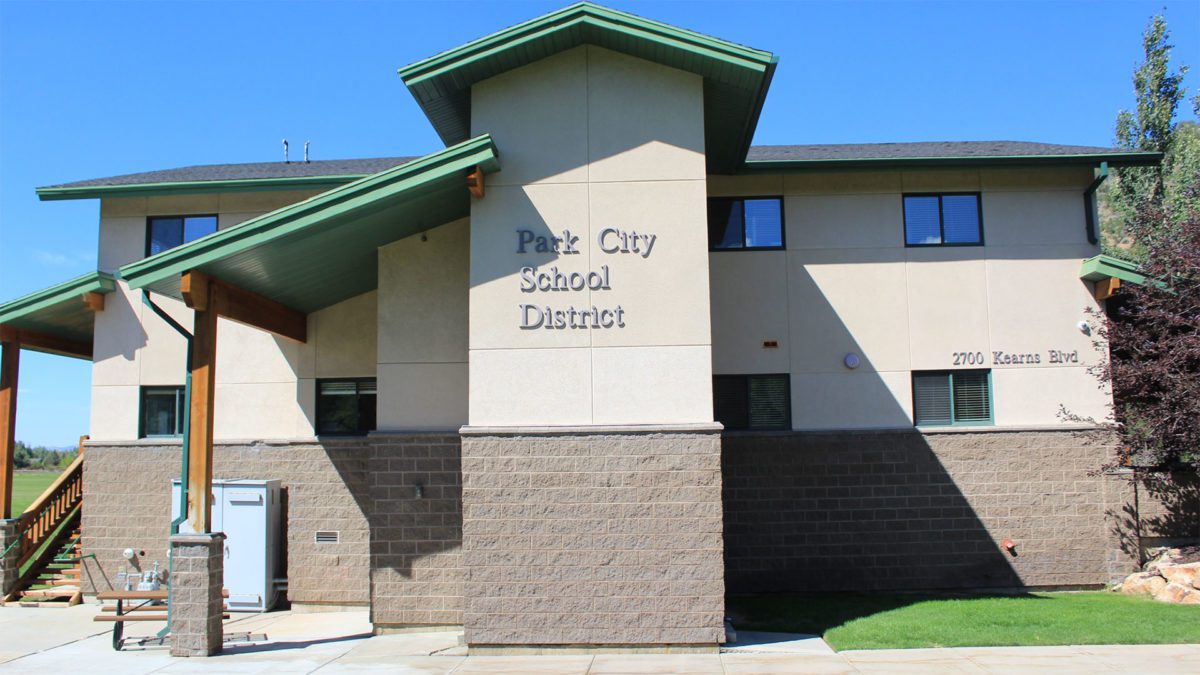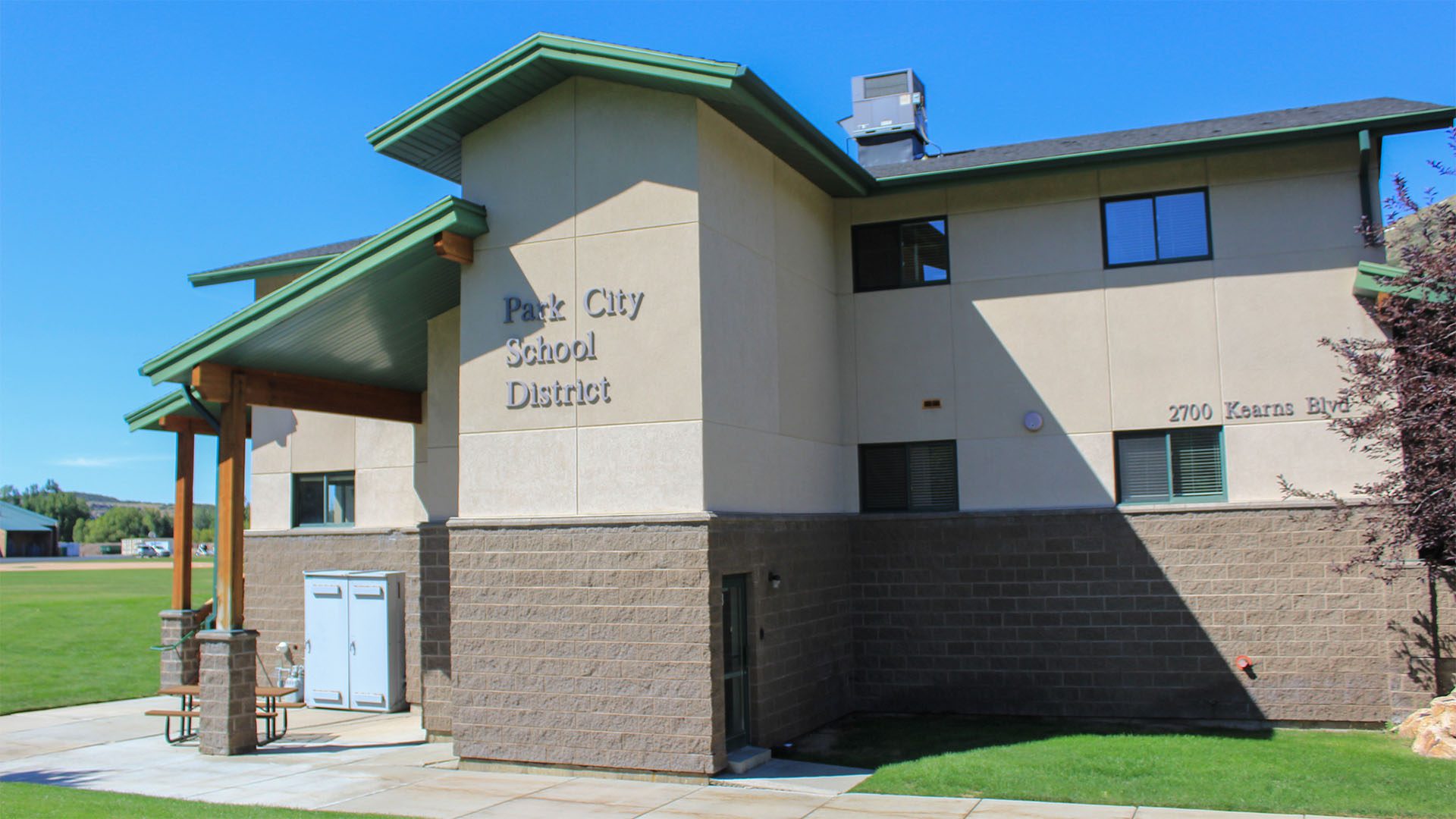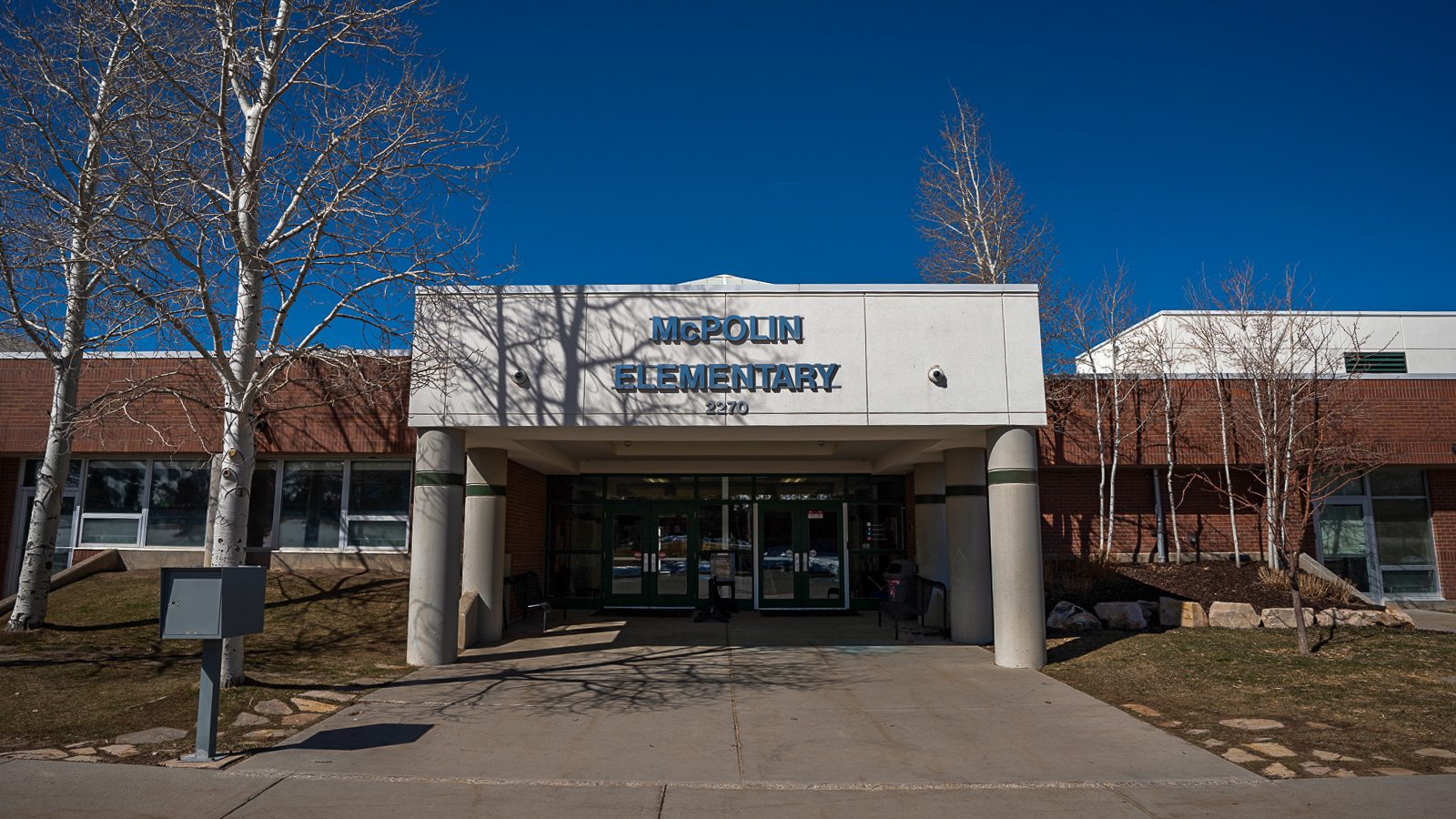Education
PCSD speaks at Education Interim Committee meeting, outlining frustrations with compliance of ‘Sensitive Materials’ policy

Photo: TownLift // Rayne Moynahan
PARK CITY, Utah — Representatives from the Park City School District took to capitol hill today to speak on its Library Materials Policy 9050 at the Utah State Legislature Education Interim Committee.
Policy 9050 was amended by the school district on October 18 in order to meet the requirements of H.B. 374, Sensitive Materials in Schools, that was passed earlier this year. This law prohibits certain sensitive instructional materials in public schools, and compliance with this law has been a hot topic of debate in school districts throughout the state during the 2022-2023 school year.
According to Heidi Matthews, the spokesperson for PCSD, the district’s policy attempts to walk the line between compliance with H.B. 374 while still maintaining a diverse selection of reading materials for its students.
“The top priority I would say is staying in compliance with the law, both federal and state, while maintaining and supporting access to reading materials that represent a wide variety of viewpoints,” Matthews said. “That are rich curriculum materials that help our students see themselves and, and learn empathy and have challenging ideas or challenging concepts to discuss and study.”
PCSD’s policy allows for parents of students to request a review of instructional materials, including library materials, that they deem to contain “sensitive content.” According to Matthews, only three titles have been submitted for review in the Park City School District since the adoption of amended Policy 9050.
Dr. Jill Gildea, PCSD superintendent, Erin Grady, PCSD board president, Wendy Crossland, PCSD board vice-president, and Lyndsay Huntsman, the PCSD career and technical education director, gave a report on PCSD’s Policy 9050 and compliance with H.B. 374 to the committee. Representatives from Alpine and Davis school districts also presented on their respective policies.
Huntsman spoke to the amount of time it has taken school administrators and educators alike to make adjustments in order to comply with the new law- time that could have been spent in the classroom.
“House Bill 374 is monopolizing resources and time at every level, which ultimately distracts from the learning process,” she said. “Furthermore, House Bill 374 is asking laypeople without proper training to interpret the law.”
Huntsman also spoke on a statement allegedly made by a member of the Utah State Board of Education (USBE) last month, that local education agencies (LEAs) could choose whether to be sued for infringing on students rights to freedom of speech, or be sued for not complying with the new law.
“Last month, staff from USBE acknowledged how House Bill 374 places LEAs in a precarious position,” she said. “The impending lawsuits directed at an LEA will fall under one of two categories, is the LEA violating a right of access to free speech, or is the LEA violating state statute. So as someone mentioned last month, what LEAs are dealing with is the question of how they want to be sued. This is not a comfortable position.”
Jackson Smith, a senior at Park City High School, spoke alongside school district faculty at the committee meeting.
“He felt compelled to stand up for access to great literature, and how that was so important for him as a student,” Matthews said.
Smith believes that the implementation of H.B. 374 has not targeted inappropriate school materials as intended, but has instead targeted books about the LGBTQ community as well as underrepresented communities.
“Freedom is at the heart of America, my understanding of H.B. 374 is that it has taken away a lot of our freedoms,” Smith said. “All our lives we have been protected from damaging materials, things that would hurt us, things that would break our innocence. Yet, when we look at the list of books coming from other states’ version of this house bill, you notice that content isn’t targeted at protecting the students, it’s meant to hide marginalized voices.”
“We were really trying to share the perspective to the legislative interim that these decisions for laws, they have impacts,” Matthews said. “And those impacts are on the time and resources and ability to fulfill missions, and legal liabilities. But they also impact our students and our employees.”
Appreciate the coverage? Help keep Park City informed.
TownLift is powered by our community. If you value independent, local news that keeps Park City connected and in the know, consider supporting our newsroom.


















